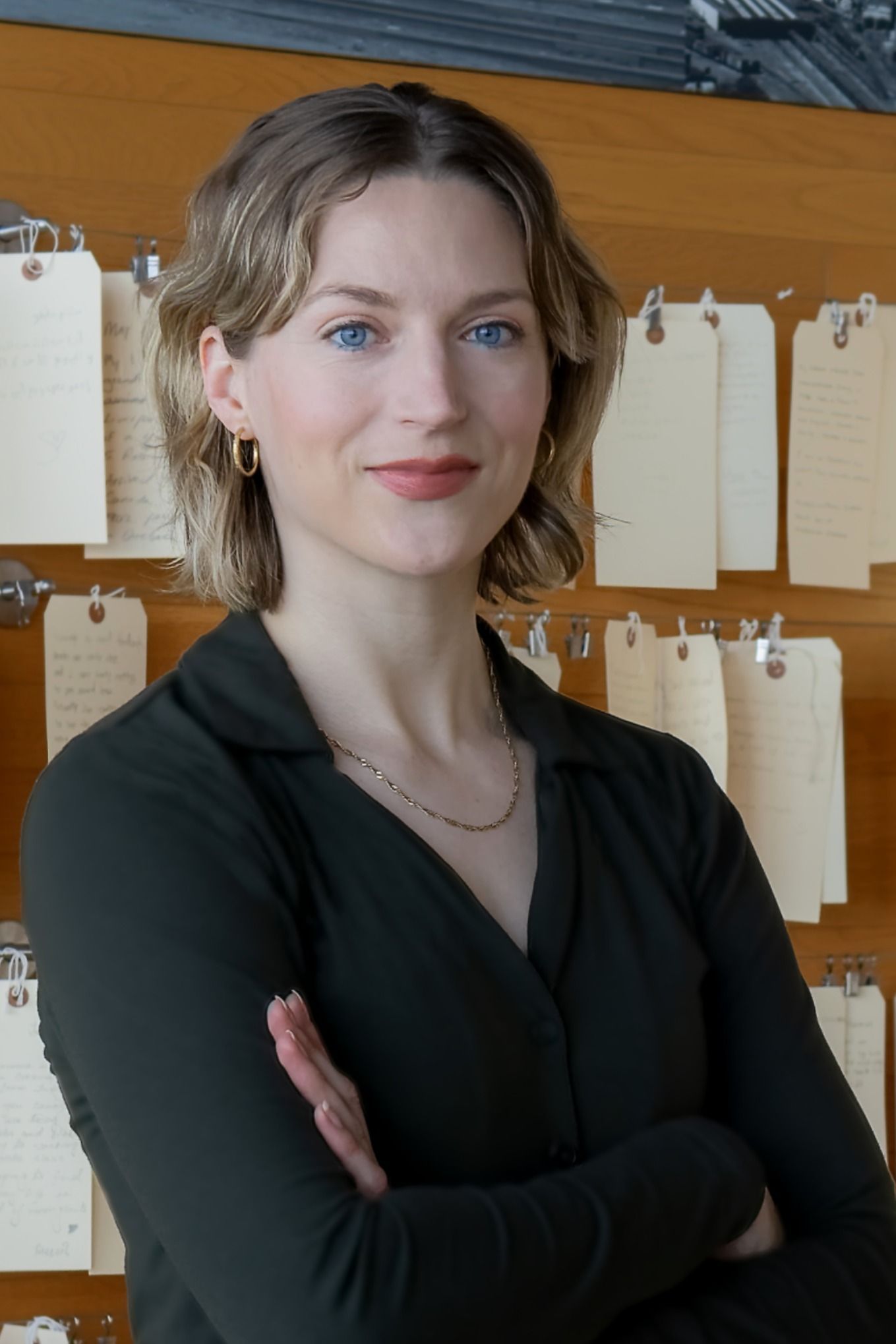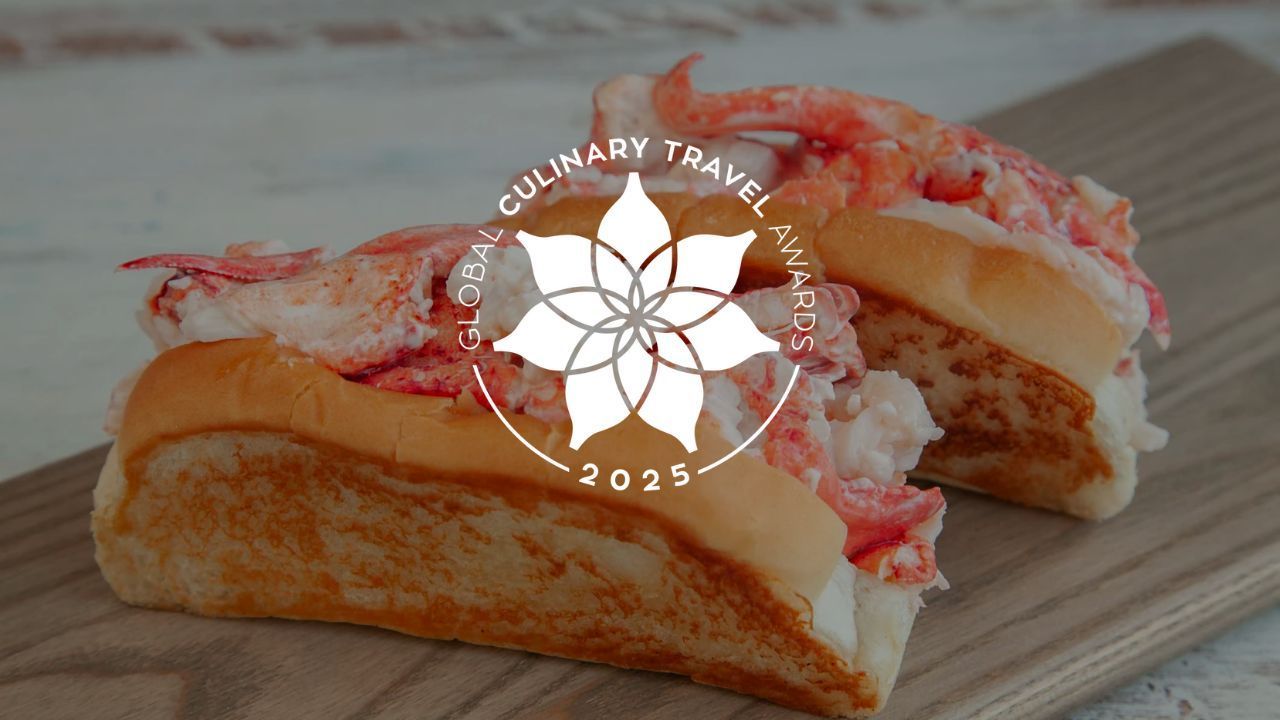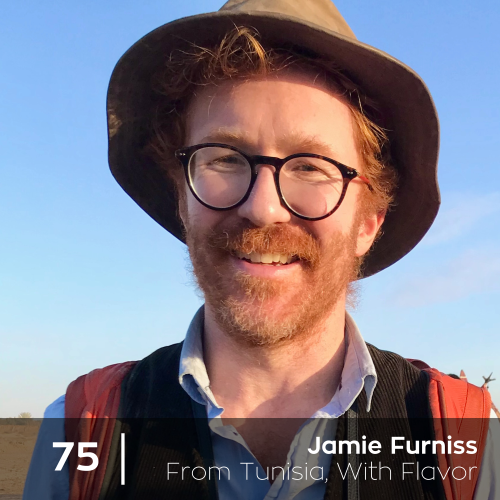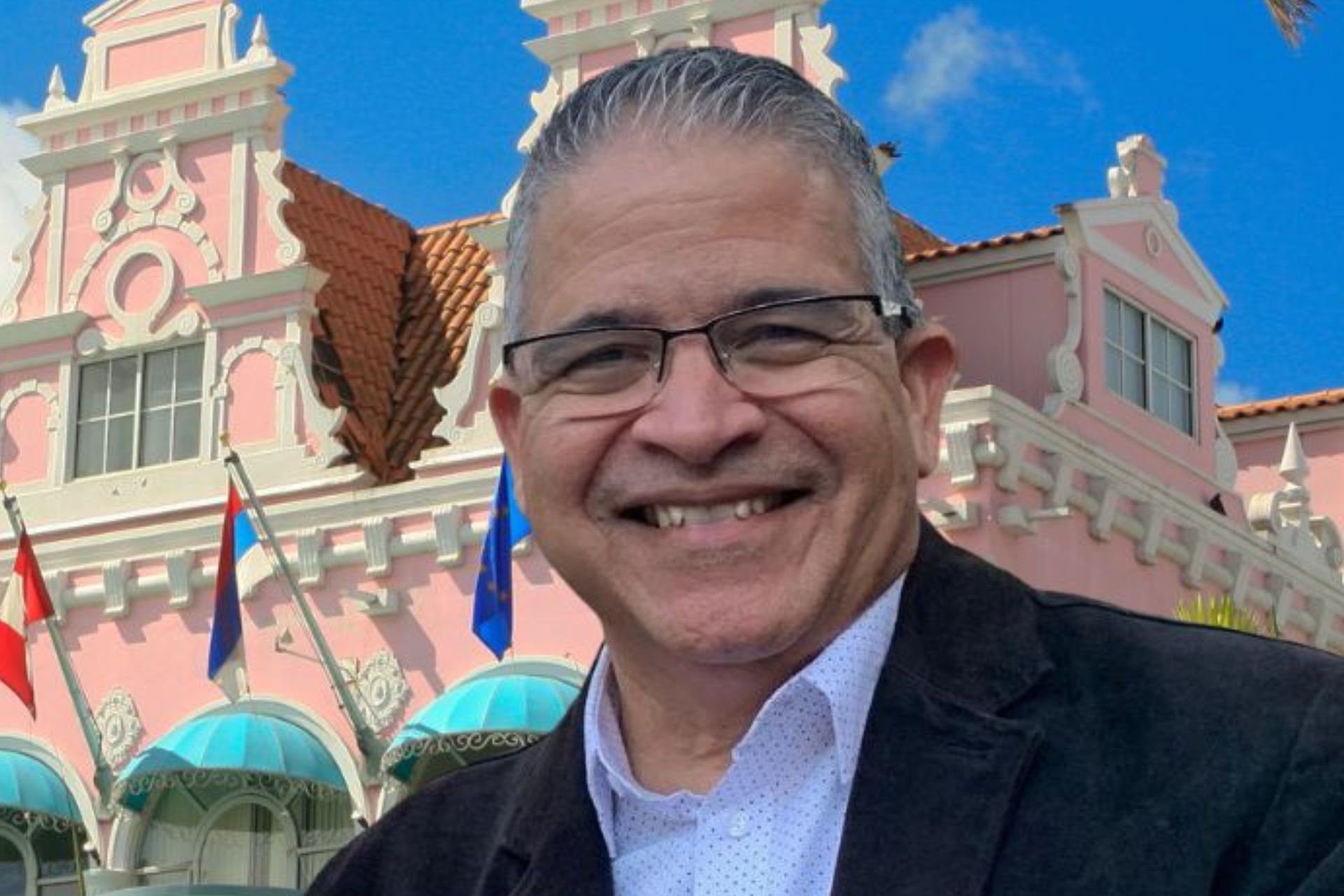Can Destinations Really Be Plastic-Free?
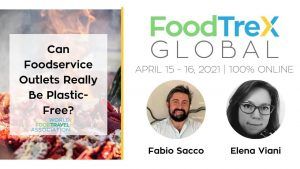
Foodservice outlets face a variety of issues to overcome if they are to achieve sustainable practices. One such issue we are all familiar with is plastic waste. And while plastic is convenient for foodservice outlets, it has a highly negative impact on the environmental, economic and social dimensions of a destination’s own image of sustainability.
Plastic was a fantastic invention and it made life easier for a long time. As it turns out, plastic was only good as a short-term solution because now it threatens the entire planet. Unfortunately, it has become an indispensable part of our everyday life. Its low production cost paved the way for its extensive growth. Last year roughly 300 million tons of plastic are produced each year. This includes the billions of plastic water bottles we see in the hands of most tourists. This number is expected to grow further, as the pandemic has affected how we dine, with more takeaway meals than ever, and the subsequent reliance on more packaging than ever.
Food and beverage contribute a significant amount of single-use plastic waste because of cutlery, straws, and packaging. And did you know that it is estimated that 40% of plastic waste is attributed to food packaging? This makes it clear how essential it is for businesses to find alternative products.
With restaurants, street vendors, hotels and airlines, plastic prevailed in the form of cups, plates, cutlery, containers, carry bags and straws. Popular culinary destinations such as China, Spain, the US and Singapore made it easy for the foodservice industry to depend more on plastic packaging as a way to meet the increasing demands of mass consumerism.
Now there is a public backlash against plastic in general. Today’s consumers are more eco-conscious and responsible than ever before, and we take our behaviours and preferences with us when we travel. Consequently, consumers (and travelers) now expect the hospitality industry to reduce its plastic usage and shift towards plastic-free operation. It is easier said than done, but change is happening. And it may seem like a woefully complicated problem but it is worth solving.
Currently, only a mere 14 percent of plastic packaging globally is recycled. Recycling plastic waste may seem like a better option than sending them to a landfill, but not generating waste in the first place is truly the best option.
Consider alternative products that can proactively satisfy the business mandate for profit and the consumer mandate for environmental stability. In Japan, traditional foods are beginning to be packed using natural ingredients, with beautiful packaging naturally. In some US states, corn is used to make plastic-like food containers, which are 100% biodegradable. Similarly, California and the UK have announced their intention to ban single-use plastics in their countries, especially at dine-in restaurants. And many destinations around the world have already banned plastic straws. Change is happening.
Starbucks, Marriot International, Hilton, Six Senses and several other brands have successfully initiated sustainable practices by setting up plastic-free operations to replace plastic straws, cutlery and utensils with wood, lemongrass or bamboo alternatives.
Change does not happen immediately, as it requires immense research and continuous record keeping of the gradual changes that impact the growth and image of businesses and destinations.
Foodservice business owners and destinations that work with them have even more responsibility to educate and spread awareness. Steps you can take include adding information on the menu (called “menu messaging”) about the need to curb plastic usage and offering incentives to those who comply.
At the World Food Travel Association, we seek to support the growth of sustainable culinary destinations. To this end, we are presenting an interesting case study at our upcoming FoodTrex Global Summit on April 15-16. We have invited two expert speakers who have helped the Italian ski region of Pejo to go 100% plastic-free.
Fabio Sacco is the Destination Manager at Val do Sole Tourism Board. He has solved a broad spectrum of challenges in travel and tourism. He believes tourism boards need to focus on the tourists’ needs. Joining him is Elena Viani, a freelance tourism developer who consults for local development, cultural tourism, and sustainability projects. Join us to take your business or destination one step closer to a sustainable future.
Written by Nivethitha Bharathi. Edited by Erik Wolf.
